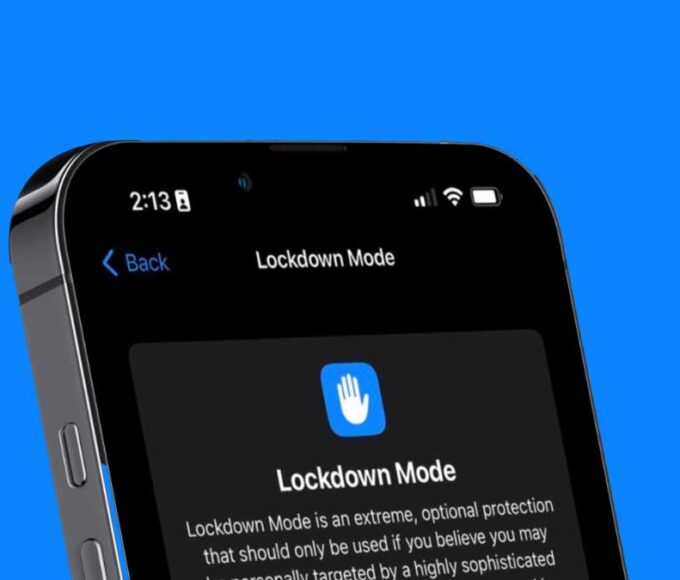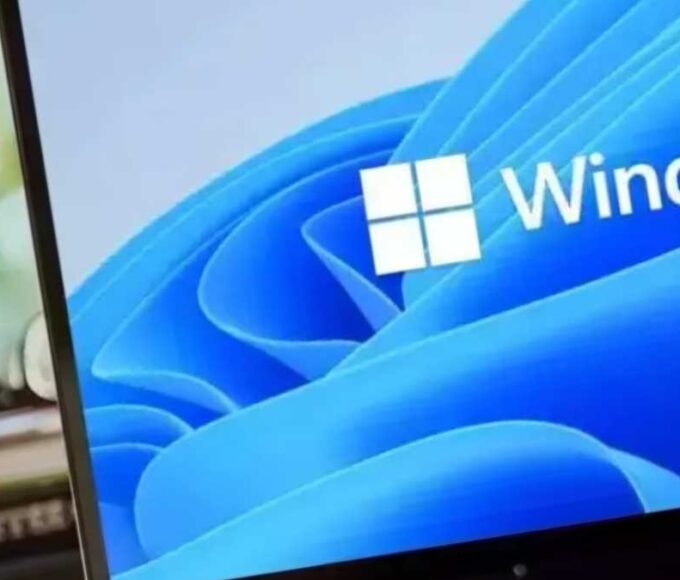- Home
- Billionaires
- Investing Newsletters
- 193CC 1000
- Article Layout 2
- Article Layout 3
- Article Layout 4
- Article Layout 5
- Article Layout 6
- Article Layout 7
- Article Layout 8
- Article Layout 9
- Article Layout 10
- Article Layout 11
- Article Layout 12
- Article Layout 13
- Article Layout 14
- Article Sidebar
- Post Format
- pages
- Archive Layouts
- Post Gallery
- Post Video Background
- Post Review
- Sponsored Post
- Leadership
- Business
- Money
- Small Business
- Innovation
- Shop
Recent Posts
FBI Alerts: RansomHub Ransomware Threat

Organizations across various sectors are facing an alarming new threat from a sophisticated ransomware gang known as RansomHub, which has executed hundreds of successful cyberattacks since its emergence in February 2024. On August 29, the Federal Bureau of Investigation (FBI) and the Cybersecurity and Infrastructure Security Agency (CISA) released an urgent joint advisory to address the growing danger posed by this ransomware-as-a-service group.
RansomHub, previously recognized under names like Cyclops and Knight, has quickly gained notoriety due to its efficiency and effectiveness in executing cyberattacks. This rapid rise is attributed to the group’s strategic recruitment of high-profile cybercriminals from other well-known ransomware factions, including ALPHV and LockBit. The advisory highlights that RansomHub’s success is partially due to these seasoned criminals who have migrated to the new group following intensified law enforcement actions against their former organizations. Raj Samani, chief scientist at Rapid7, noted that while there are speculations about possible links between RansomHub and ALPHV, it’s important to distinguish the two groups by their technological footprints. ALPHV uses the Rust programming language, while RansomHub operates with GoLang. Samani also pointed out that RansomHub’s emergence coincides with law enforcement efforts to thwart LockBit’s activities, demonstrating a recurring pattern in the ransomware landscape where the crackdown on one group often leads to the rise of another.
According to the advisory, RansomHub has targeted at least 210 organizations across a wide range of industry sectors. These include critical areas such as information technology, government services, healthcare, finance, transportation, and emergency services. High-profile incidents attributed to RansomHub include attacks on major entities such as UnitedHealth Group and Halliburton, a prominent oil and gas services company. RansomHub employs the double-extortion technique, a method now commonplace in ransomware attacks. This involves encrypting the victim’s data and simultaneously exfiltrating it, thereby increasing the pressure on the victim to comply with ransom demands. The group’s ransom notes are notable for their lack of initial ransom demands or payment instructions. Instead, they provide victims with a unique dark web address to contact the attackers. Victims typically have a window of three to 90 days to make payment before their data is exposed on the RansomHub leak site, which is accessible via the Tor web browser.
In response to this urgent threat, the FBI has outlined three critical actions that organizations should take immediately to mitigate the risk of a RansomHub attack. First, ensure that all operating systems, software, and firmware are updated as soon as new releases are available. Timely updates are crucial for closing vulnerabilities that ransomware can exploit. Second, adopt phishing-resistant, non-SMS-based multi-factor authentication to add an extra layer of security. This measure helps protect against unauthorized access even if login credentials are compromised. Third, provide comprehensive training to users on how to recognize and report phishing attempts. Increasing awareness among employees can significantly reduce the likelihood of successful phishing attacks, which often serve as the entry point for ransomware.
The FBI and CISA’s advisory underscores the urgent need for organizations to enhance their cybersecurity measures in light of the emerging threat posed by RansomHub. With its rapid expansion and sophisticated tactics, RansomHub represents a significant challenge in the ongoing battle against ransomware. By following the recommended actions—updating systems, implementing robust multi-factor authentication, and educating users—organizations can better defend themselves against this formidable adversary and reduce their risk of falling victim to ransomware attacks.
Recent Posts
Categories
- 193 Countries Consortium Partner1
- 193cc Digital Assets2
- 5G1
- Aerospace & Defense48
- AI37
- Arts3
- Banking & Insurance11
- Big Data3
- Billionaires1,261
- Boats & Planes1
- Business332
- Careers13
- Cars & Bikes79
- CEO Network1
- CFO Network17
- CHRO Network1
- CIO Network1
- Cloud10
- CMO Network18
- Commercial Real Estate7
- Consultant1
- Consumer Tech194
- CxO1
- Cybersecurity73
- Dining1
- Diversity, Equity & Inclusion4
- Education7
- Energy8
- Enterprise Tech29
- Events11
- Fintech1
- Food & Drink2
- Franchises1
- Freelance1
- Future Of Work2
- Games149
- GIG1
- Healthcare79
- Hollywood & Entertainment203
- Houses1
- India’s 1000 Richest1
- Innovation46
- Investing2
- Investing Newsletters4
- Leadership65
- Lifestyle11
- Manufacturing1
- Markets20
- Media327
- Mobile phone1
- Money13
- Personal Finance2
- Policy569
- Real Estate1
- Research6
- Retail1
- Retirement1
- Small Business1
- SportsMoney42
- Style & Beauty1
- Success Income1
- Taxes2
- Travel10
- Uncategorized13
- Vices1
- Watches & Jewelry2
- world's billionaires1,230
- Worlds Richest Self-Made Women2
Related Articles
Android & iPhone Users Urged to Run Security Checks
With the rise of cyber threats targeting both Android and iPhone users,...
By 193cc Agency CouncilJanuary 1, 2025Apple Warns: Avoid Lockdown Mode on iPhone
Apple’s latest security alert for iPhone users raises important concerns about the...
By 193cc Agency CouncilDecember 31, 2024750 Million Android Users Face Urgent Security Risks
Google has made significant strides in improving Android’s security ecosystem, aiming to...
By 193cc Agency CouncilDecember 31, 2024Surge in Paper Werewolf Cyberattacks on Russian Targets
A troubling rise in espionage-driven attacks using Microsoft Windows Word documents has...
By 193cc Agency CouncilDecember 30, 2024














Leave a comment